As anyone who played Astro Bot last year will know (and as many likely knew beforehand), Sony owns the rights to a lot of video games. Like, a lot a lot. Far more than it makes video games for. Of course, it would be impossible to keep every series going forever, and the last decade has brought us new titles like Horizon and Ghost of Tsushima, while The Last of Us just misses that arbitrary cut off and Spider-Man and God of War both feel fresh despite being much older series.
Sony, by and large, is doing well. The issue is it is slowing down. Games are getting bigger and more expensive to make, and since cinematic action is now Sony’s trademark, it seems as though it is doomed to stay the course to the bitter end. Games will, I believe, eventually either pivot away from chasing realism or will accept a plateau and aim to hit that ceiling faster and cheaper rather than continually smash through it.
But in the meantime, this expensive and time-consuming quest for technical perfection may open the window to old dogs being taught new tricks. The only issue is the people who make those decisions have a way of making everything seem impossibly boring.
Sony Is Bringing Back Legacy IP
Herman Hulst is the current SEO of Sony’s gaming division, the position Jim Ryan held for many years. Though he shares it with Hideaki Nishino and Ryan stood alone, that makes him the most important person in terms of Sony’s overall direction. And the good news is he gave a recent interview and discussed potentially bringing the old Sony games back. That’s something a lot of gamers, myself included, are happy to hear. The bad news is the way he said it.
“The numerous IPs that we hold are an important asset for PlayStation, and as part of our efforts to strengthen our portfolio, not only developing new franchises, we are also continually looking at opportunities to leverage our legacy IP,” Hulst told Famitsu. There is more, but I’m already falling asleep. This is such a dull way to think of gaming, and it’s an attitude that makes me nervous about how these games might make their grand return.
Of course, there are some caveats. Hulst is a businessman speaking as a businessman, which requires a sense of dullness. Be too much of a maverick and shareholders get nervous – it’s why only developers who own their studios like Josef Fares and Sam Lake have much personality. There’s also the fact that Famitsu is a Japanese magazine that publishes in its native language, while Hulst has seemingly never spoken Japanese publicly (and may not be able to at all), meaning there could be several layers of translation squeezing out the flavour of the quote. However, these caveats do not entirely assuage my fears.
Hulst was also once a creative himself, having co-founded Guerilla, but he traded his sketch pad for spreadsheets a long time ago.
You Have To Think Of These Games As Games, Not Commericial Properties
Whether or not Hulst is a boring man is of little consequence. He might still make smart decisions and trust more creative people than he with these opportunities to leverage legacy IP. The problem is he speaks very plainly about the fact these video games are simply tools to generate income. If that’s the case, they might be forced to bend until they break.
2024 was the year the live-service bubble suffered a very public and embarrassing burst. While games in the genre had failed before, the crash landing of Suicide Squad: Kill the Justice League followed by the extinction event of Concord should have been a turning point. However, Hulst has also recently said Sony will “continue to focus on developing live service titles” after the success of Helldivers 2, so I guess nobody learned anything.
Do we really want Siren back if it’s now an asymmetrical survival horror? Will Jak suffer the same fate as Crash via Jak Team Rumble? Would you take a new Ape Escape if it was now a hero extraction shooter? This is the problem with bringing classics back with a modern mindset. If your first thought about Wild Arms or Gravity Rush coming back is that they might effectively strengthen your portfolio to shield against financial shortfalls, you are already lost.
These are games that can be made quickly and cheaply yet still to a high degree of quality while Naughty Dog takes seven years to make Intergalactic. I don’t see any problem with actually using them to strengthen your portfolio to shield against financial shortfalls, I just don’t think you can effectively do that if the portfolio is the only thing on your mind.
These games should sell enough copies that they cost less than they make. They should be 10-12 hour games that we play, like, and move on from. That’s how games used to be, and still can be today. Better yet, they can be while existing alongside technical behemoths Sony has become known for. I’m excited for old games to come back. But I’m not sure I trust the man who sees that as an opportunity to leverage legacy IP.
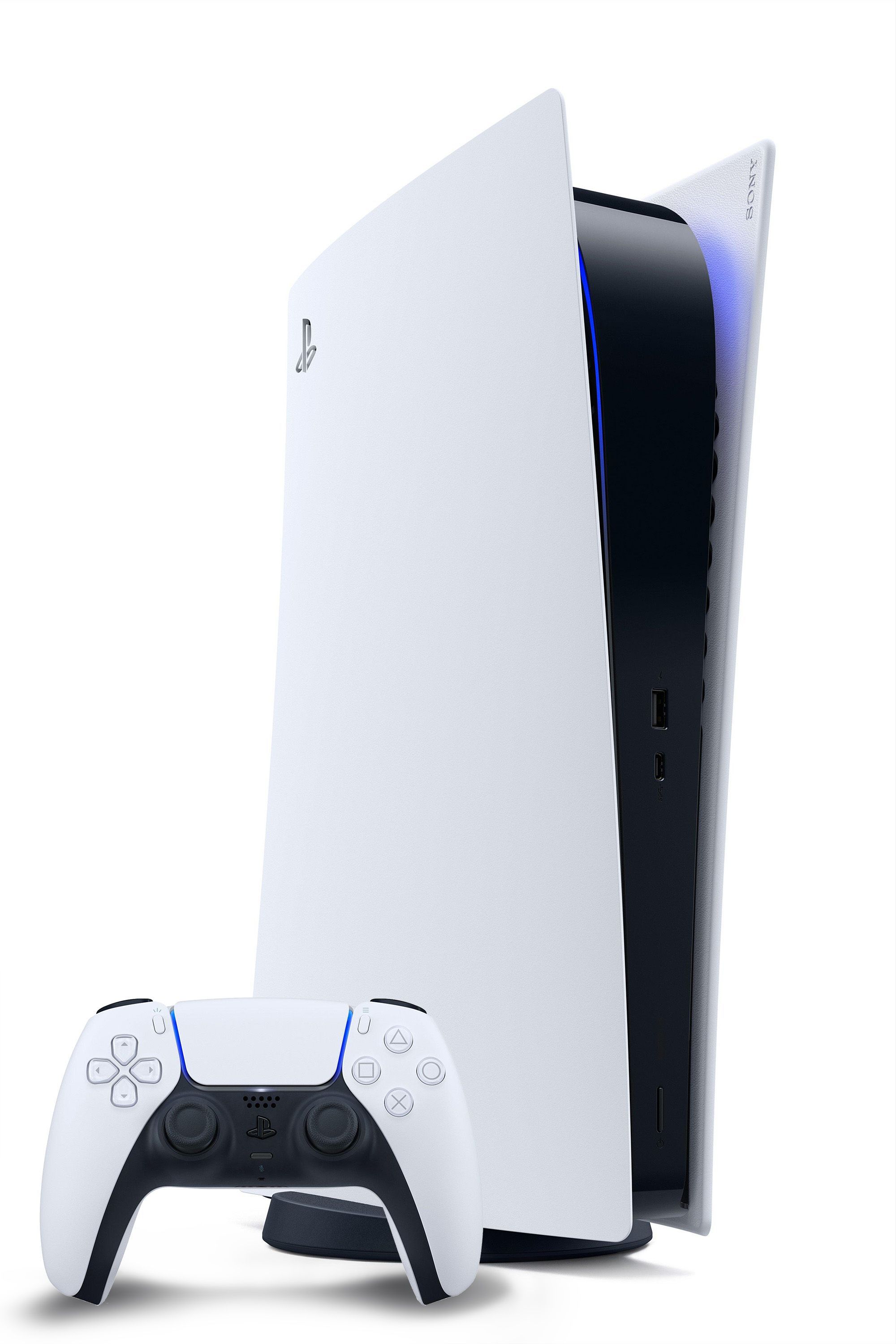
PS5
- Storage
-
825 GB PCIe 4.0 NVMe SSD
- Resolution
-
Max 8K (4k at 120 Hz playable)
- Original Release Date
-
November 12, 2020
- Original MSRP (USD)
-
Disc Edition: $499.99; Digital Edition: $399.99
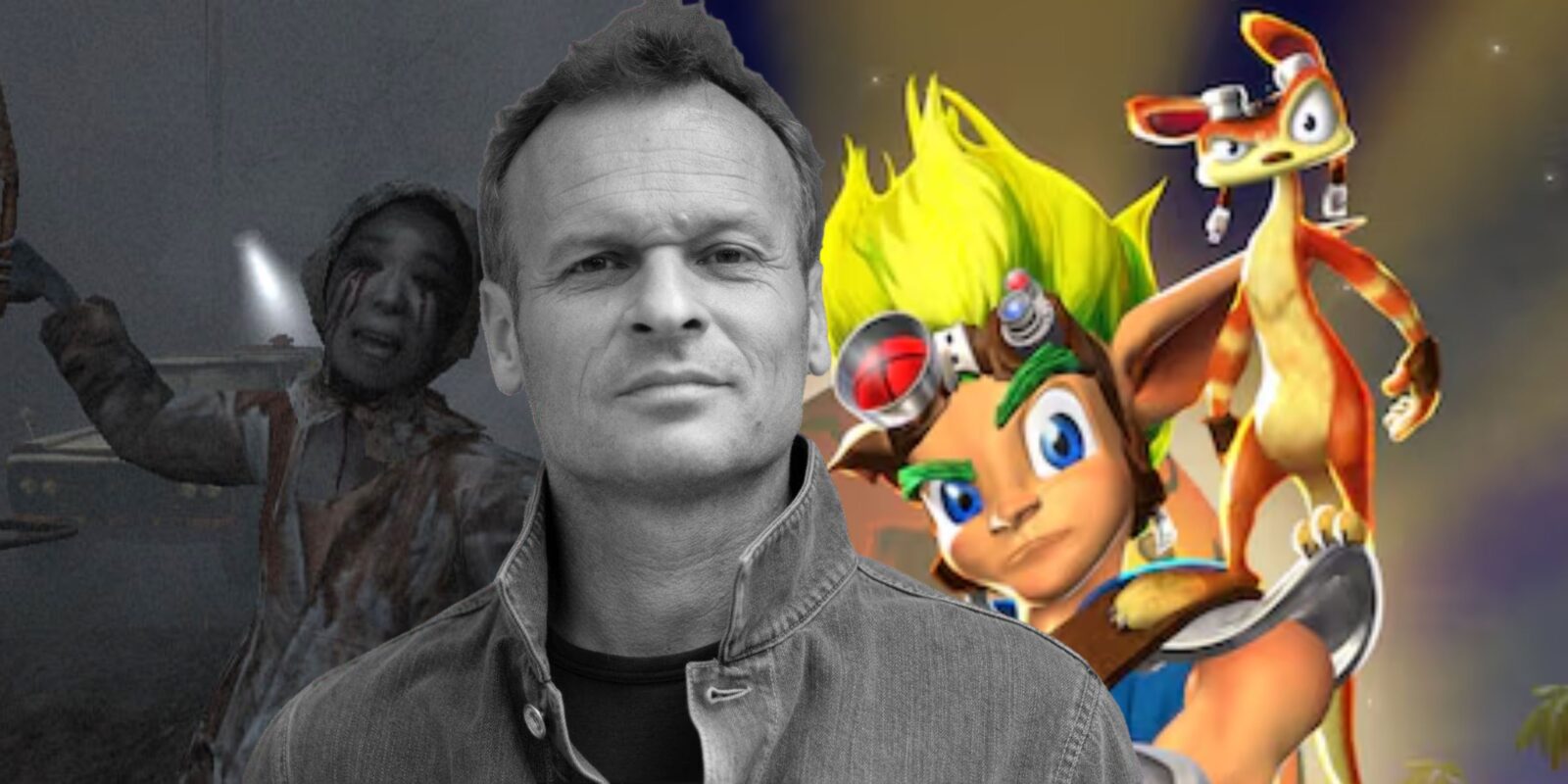

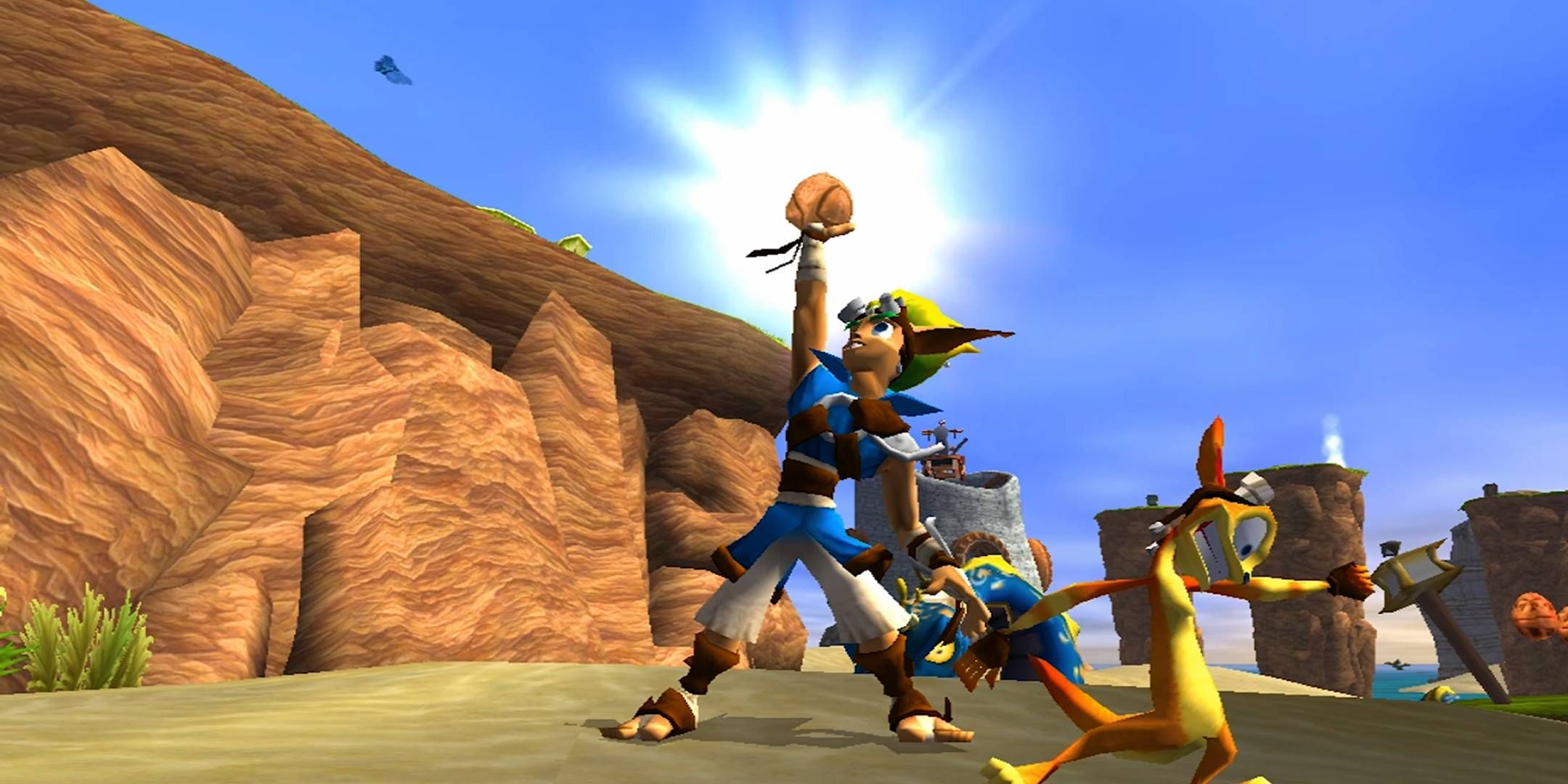
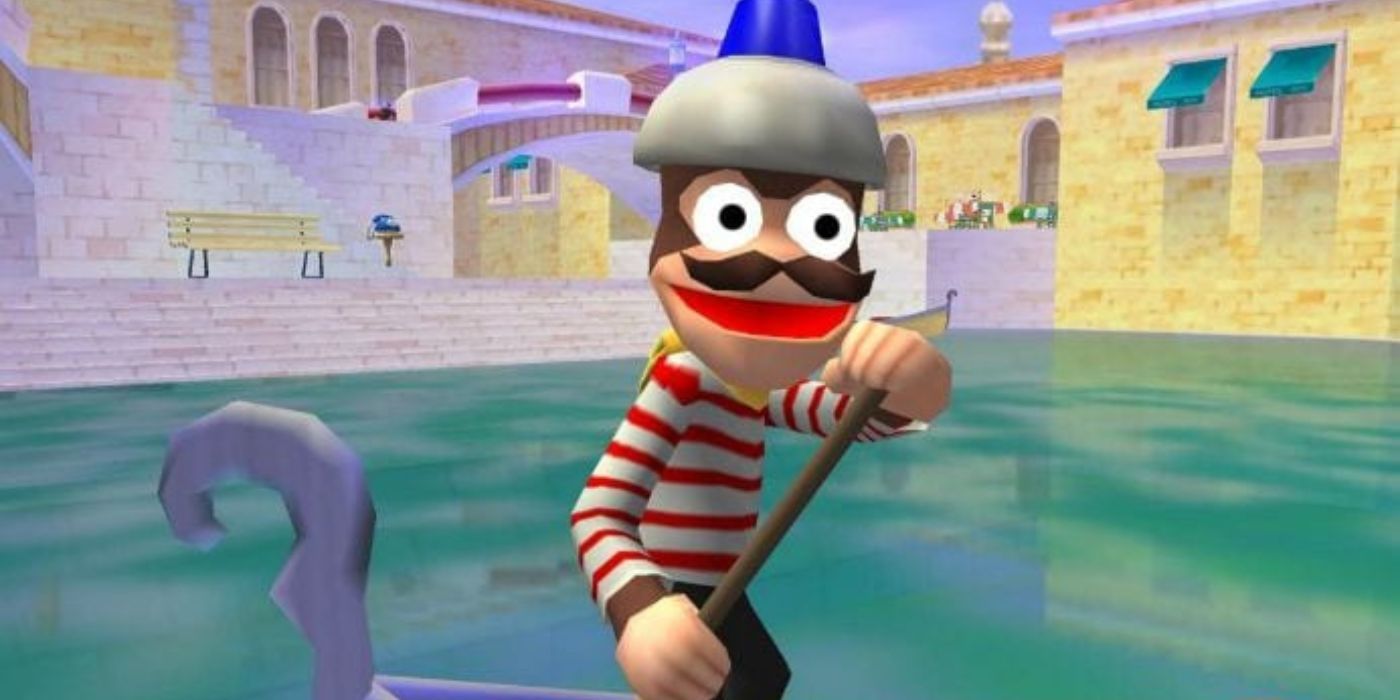









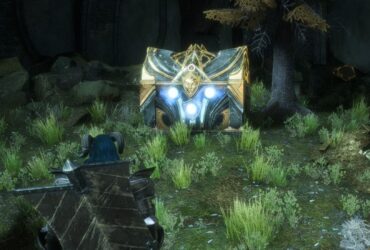
Leave a Reply